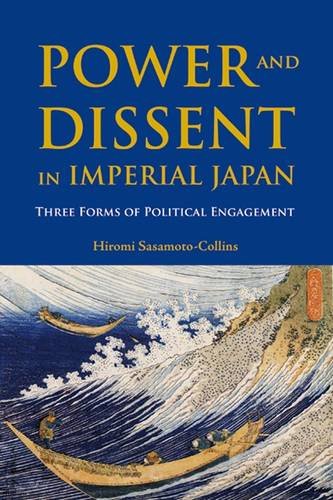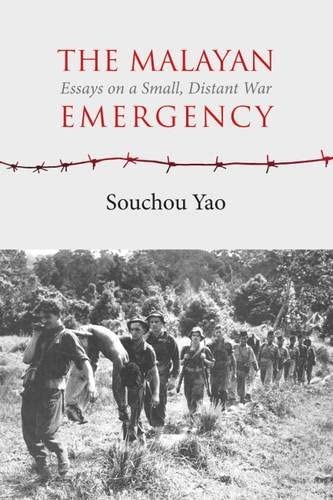
Part of Series
This volume examines the careers and intellectual positions of three prominent Japanese “dissidents” in the later Imperial period―Minobe Tatsukichi, Sakai Toshihiko, and Saitō Takao―as individual responses to the new forms of authority that appeared after the Meiji Restoration of 1868. The principles to which each adhered―the rule of law, socialist egalitarianism, and representative government―contributed to the new ideas about authority and the individual in post-Restoration Japan. They also remain fundamental (at least in theory) in today’s Japanese polity and society. The study reaffirms the serious limitations of the pre-war Japanese political system, its structural and institutional problems, and deep-rooted ambivalence about democratic change.


